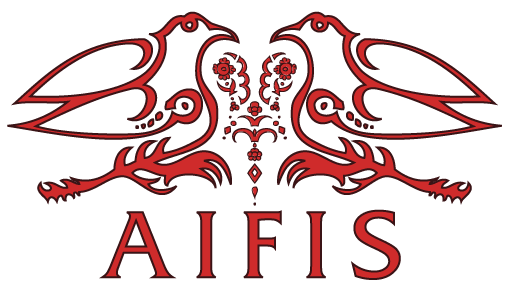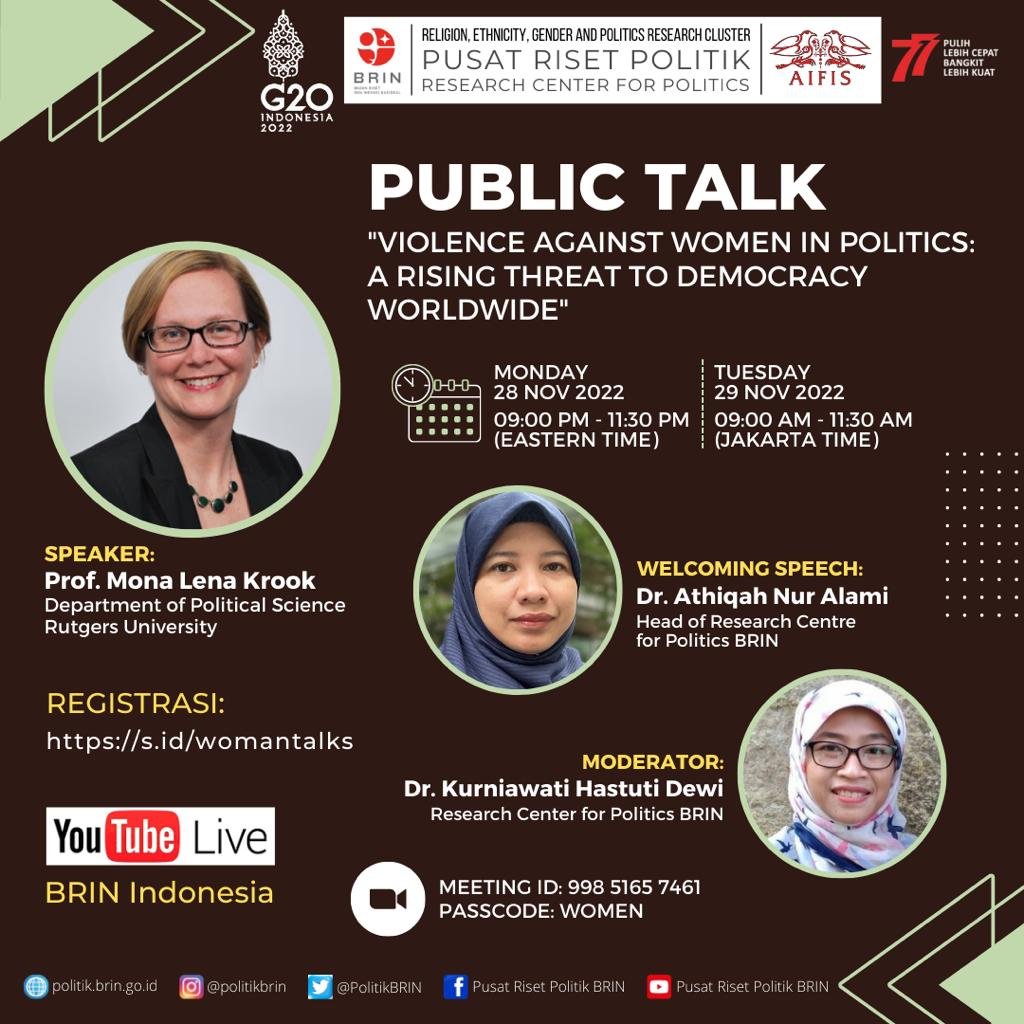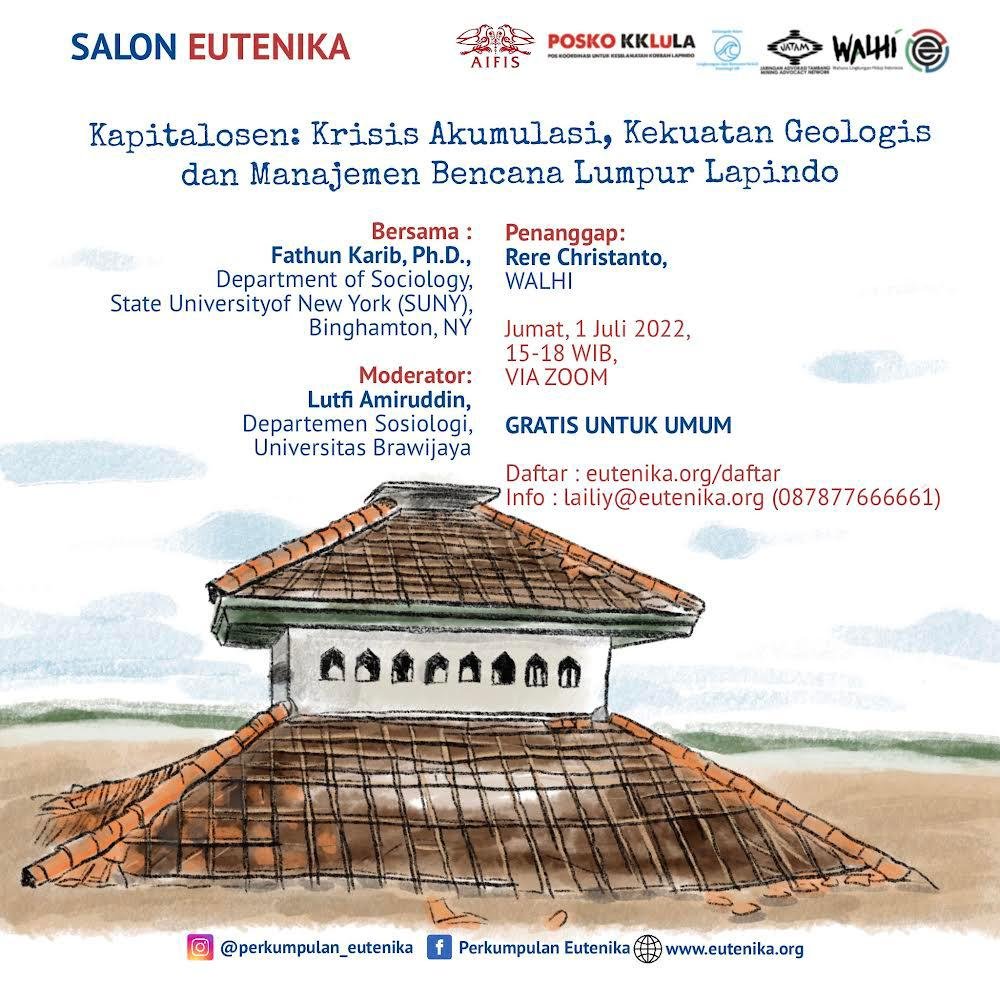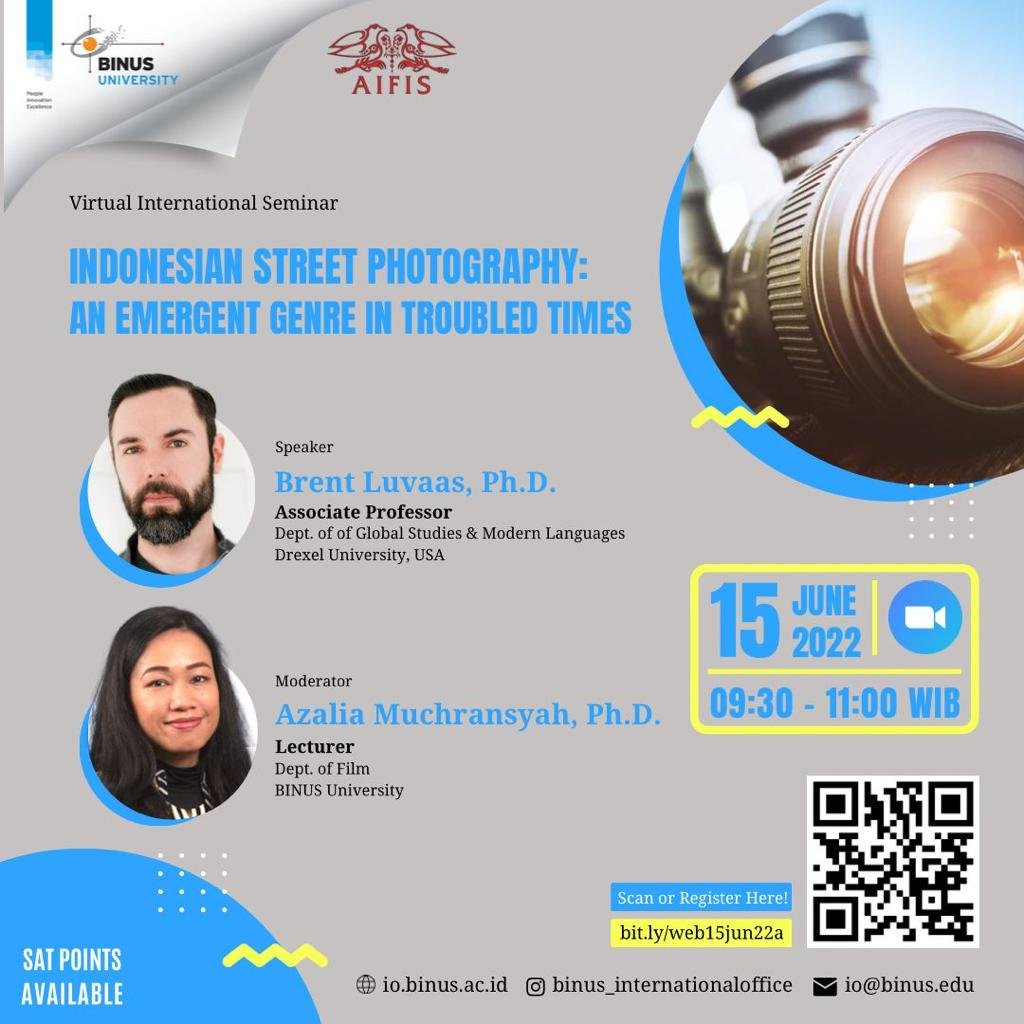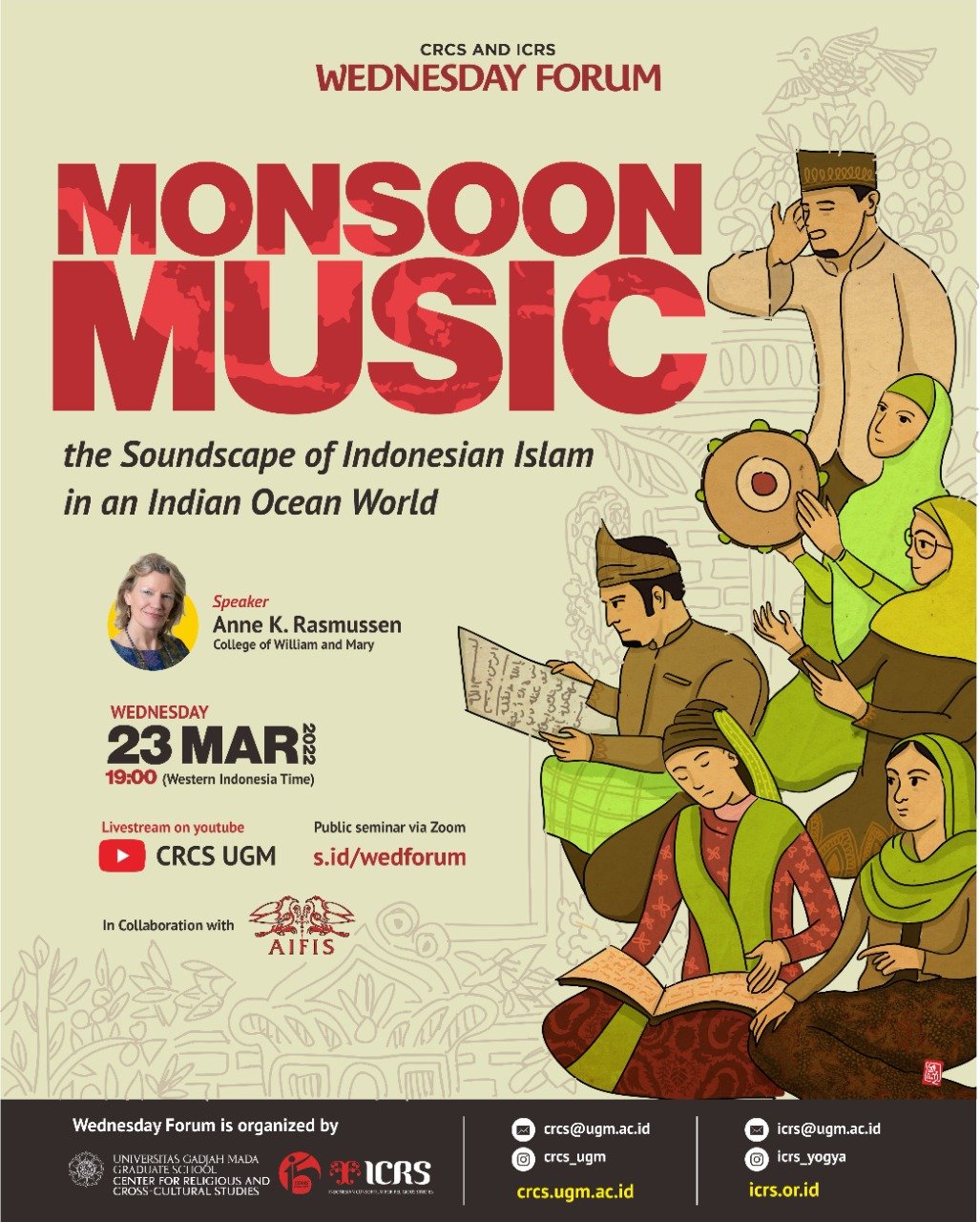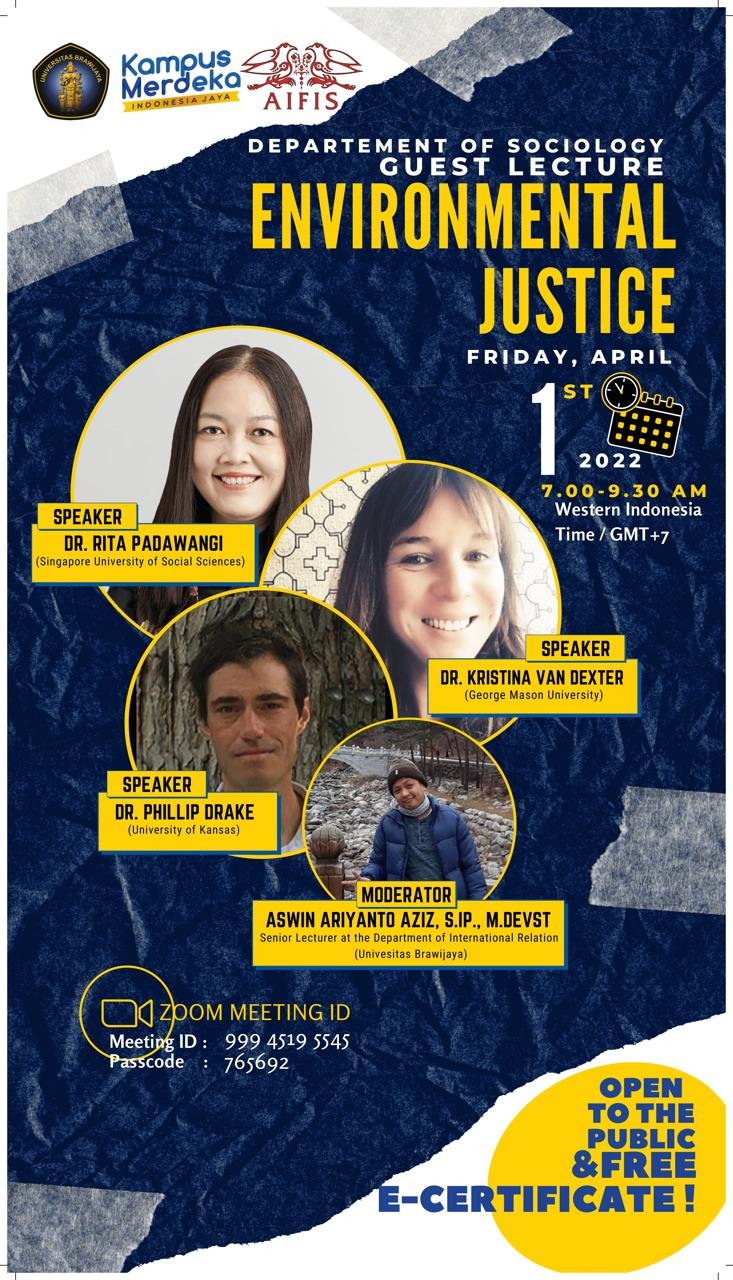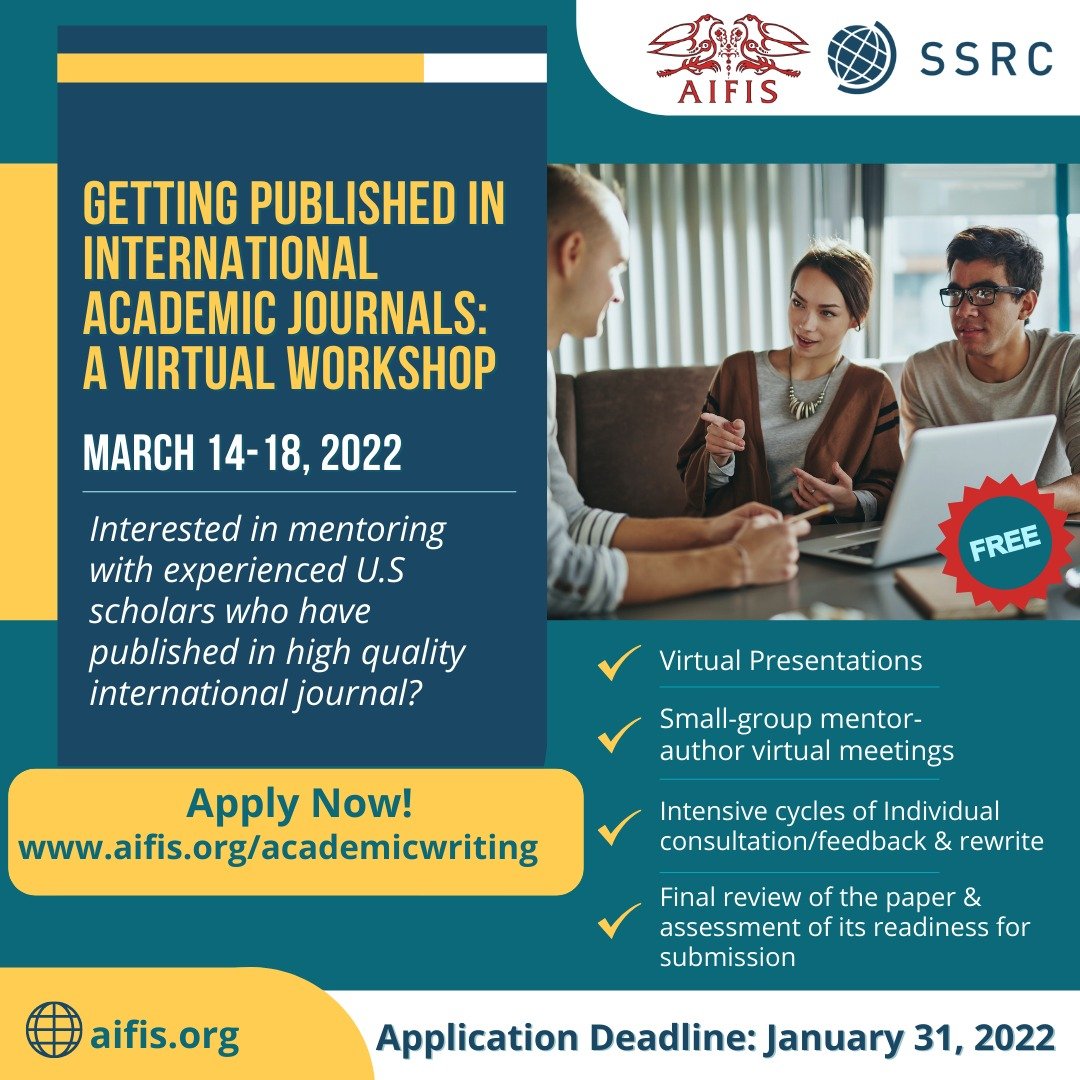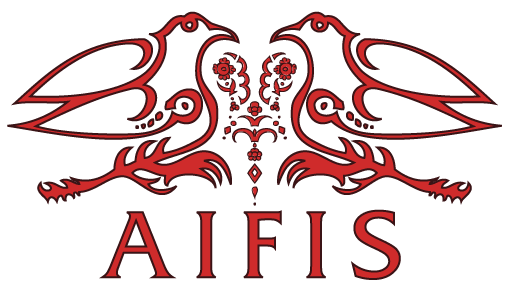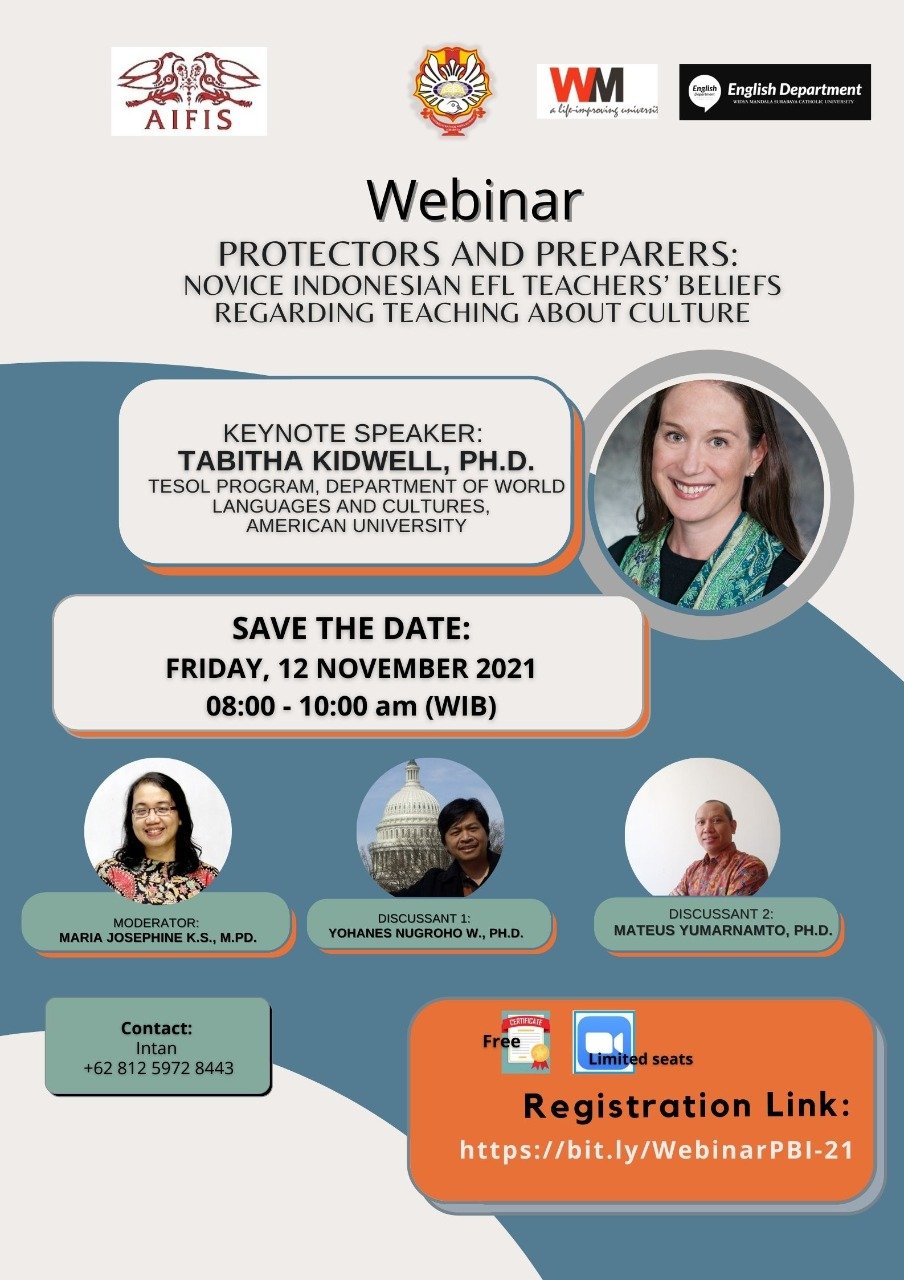Pelatihan Conservation Biology and Global Health tahun ini merupakan pelatihan yang ke-30, diselenggarakan atas kerjasama antara Pusat Sudi Satwa Primata, Lembaga Penelitian dan Pengabdian kepada Masayarakat, Institut Pertanian Bogor (PSSP LPPM IPB) dan Center for Global Field Study, University of Washington. Peserta pelatihan tahun ini adalah mahasiswa yang berasal dari universitas di dalam negeri, antara lain mahasiswa Pascasarjana IPB, mahasiswa Universitas Sebelas Maret, mahasiswa dari Universitas Indonesia dan mahasiswa dari universitas lainnya.
Pelatihan Conservation Biology and Global Health tahun ini akan dilakukan di Laboratorium lapang PSSP LPPM IPB di Pulau Tinjil, Banten. Pelatihan akan dilakukan pada tanggal 10-23 Juli 2022.
Penyampaian materi berupa kuliah oleh instruktur selama 100 menit per sekali pertemuan dalam satu hari, lima hari dalam seminggu. Diskusi kelompok selama 60 menit, dua kali pertemuan dalam seminggu, serta praktikum dan prkatik penggunaan alat (GPS, radio telemetry, tulup dan drone).
Instruktur:
1. Prof. Randall C. Kyes, PhD (Center for Global Field Study, University of Washington)
2. Dr. Matthew Novak (Central Oregon Community College)
3. Dr. Pensri Kyes (Center for Global Field Study, University of Washington)
4. Drh. Huda S Darusman, MSi, PhD (Primate Research Center, IPB University)
5. Dr. Ir. Entang Iskandar, MSi (Primate Research Center, IPB University)
For registration, kindly contact us at 0251-8313637/0251-8320417* or email: pssp-ipb@apps.ipb.ac.id
*limited seats available
